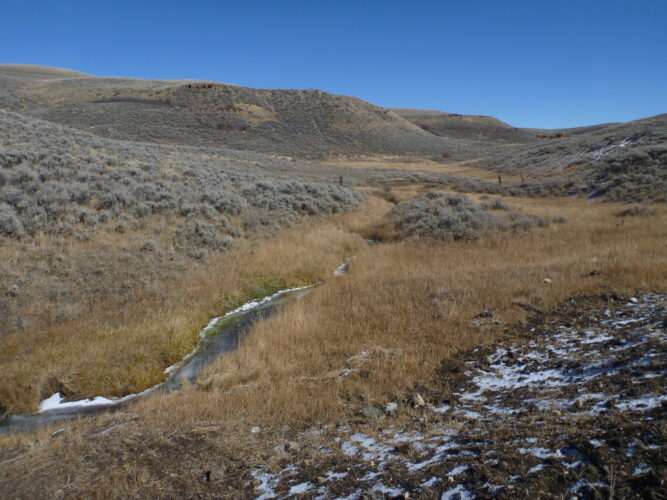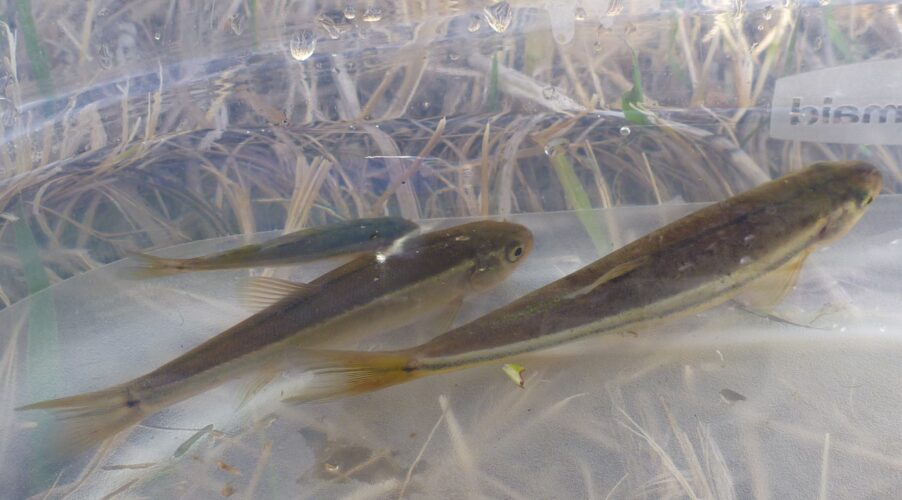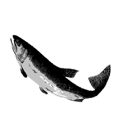Description: The Walters Lab at the University of Wyoming Cooperative Fish & Wildlife Research Unit is seeking applications for a funded master’s student (12-month stipend ($1370/month) plus benefits & tuition waiver) to work in eastern Wyoming and Montana. The student will contribute to a larger project working to delineate drought refuges for rangeland stream fishes. The master’s student will be responsible for on-the-ground validation of drought refuge predictions through stream fish community and habitat sampling. Field techniques will include seining, backpack electrofishing, managing environmental sensors (temperature loggers, etc), and taking other habitat measurements – often in rugged/remote locations.
The successful candidate will work closely with a PhD student on the project as well as agency partners. The successful candidate will also oversee study design, field technician hiring and supervision, data management and analysis, and preparation of manuscripts for peer-reviewed publication.
The Walters Lab is committed to increasing the representation of traditionally excluded groups and fostering a diverse, equitable and inclusive research lab here at the University of Wyoming. The University of Wyoming values a wide range of cultural perspectives, experiences, and opinions that are important for educational excellence and critical for preparing students for future success (http://www.uwyo.edu/diversity/_files/odei-strategicplan2018-r5.pdf).
To apply: Please send (via email attachment) the following materials (ideally aggregated in one file) to Annika Walters ([email protected]): 1) Letter articulating interest in the projects and highlighting relevant experience, 2) a CV, 3) names/contact info for three references, and 4) transcript with GPA. Candidates should not initially submit a complete application package to the university unless contacted to do so. The last date to apply is 15 February 2022. Review of applications will begin 15 January 2022.
Qualifications: Bachelor’s degree in fisheries, ecology, biology, or a related field. Experience with GIS software and identifying prairie fishes is preferred. Anticipated start date is summer 2022.




